|
|
|
Editor's note
|
|
Swiss authorities have struck a deal with the Nigerian government on repatriating money stolen during former president Sani Abacha’s regime. The Nigerian government has said it will give the money to poor families in small cash disbursements over six years. Tolu Olarewaju argues that there are better uses for the money than making cash payments. Also from Nigeria, Dimeji Togunde looks at the high rates of child labour and the huge challenges facing these children in urban Nigeria.
The scenes of joy when the first Ethiopian flight in 20 years landed in Eritrea spoke volumes about how people have responded to the end of hostilities between the neighbouring countries. Martin Plaut explains that change will help overcome many challenges.
The International Criminal Court’s appeals chamber has acquitted Jean-Pierre Bemba two years after it sentenced him to 18 years’ for his role, as military commander, for atrocities committed in Central African Republic. Kerstin Carlson explains the significance of the acquittal.
And we end the week with articles that analysed the centenary of Nelson Mandela’s birth, including Barak Obama’s significant lecture to mark the South African icon.
|
Julie Masiga
Peace + Security Editor
|

|
|
Top stories
|
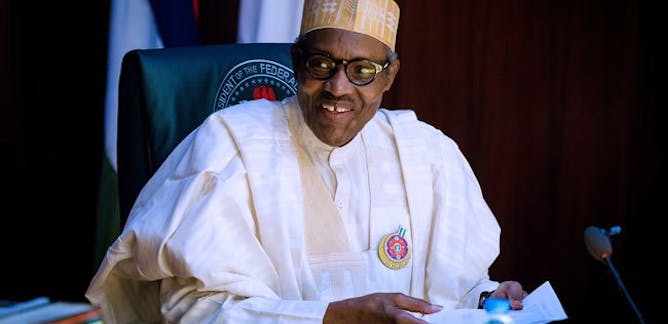
Tolu Olarewaju, Staffordshire University
Millions of dollars have been repatriated to Nigeria by Swiss authorities, but there are better ways to spend it than what the government is proposing.
| |
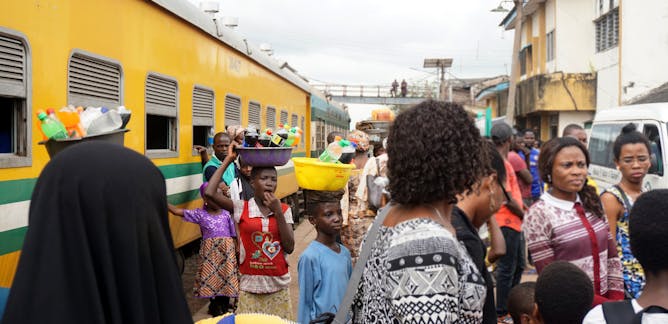
Prof. 'Dimeji Togunde, Spelman College
About 15 million Nigerian children work - the highest rate in West Africa.
|
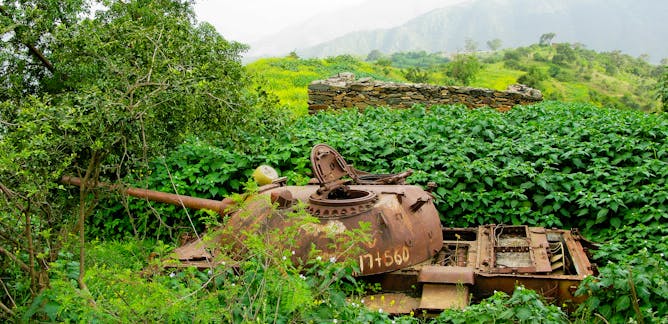
Martin Plaut, School of Advanced Study
The Eritrean ports of Massawa and Assab will hum with life once more as trade flows through them.
| |
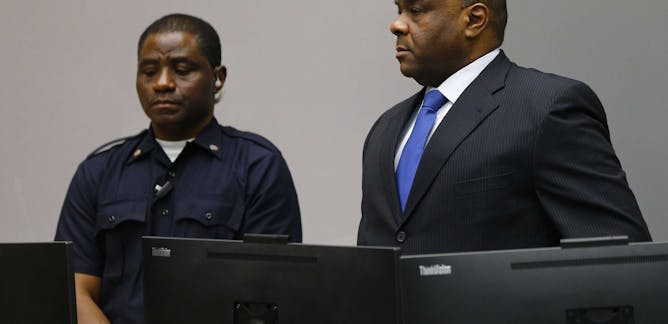
Kerstin Carlson, University of Southern Denmark
Sexual violence, a staple of war, has long been absent from international criminal law’s charge sheets.
|
|
|
Mandela centenary
|
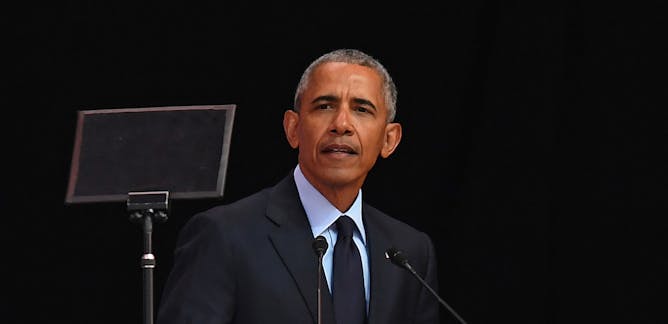
Cheryl Hendricks, Human Sciences Research Council; Keith Gottschalk, University of the Western Cape
Barack Obama was asked to give the Mandela Lecture because he represents what the global liberation struggle icon stood for. He struck the right chord.
| |
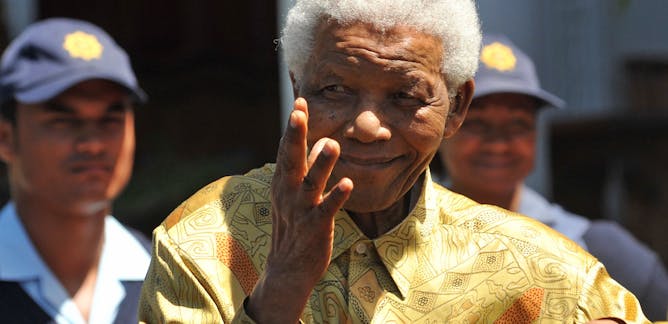
Louise Bethlehem, Hebrew University of Jerusalem; Karin Berkman, Hebrew University of Jerusalem
Nelson Mandela's release in 1990 was met by an outpouring of poetic celebration both within South Africa and globally.
|
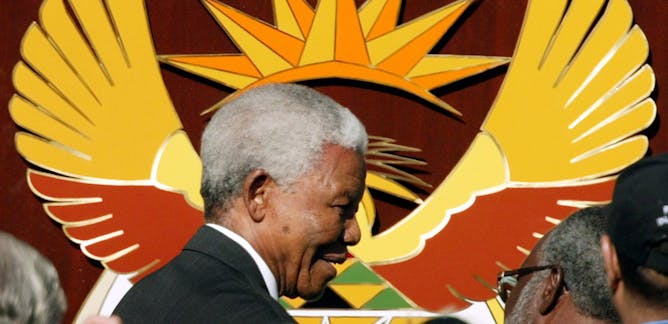
Matthew Graham, University of Dundee
Mandela continues to serve as a rare example of a principled politician committed to forgiveness and reconciliation.
| |
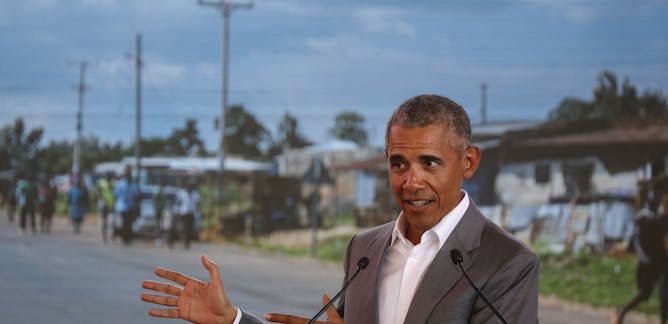
Aaron X. Smith, Temple University
Barack Obama is delivering the Nelson Mandela lecture in a changing world dominated by the often outrageous utterances of his successor, US President Donald Trump.
|
|
|
Politics and Society
|
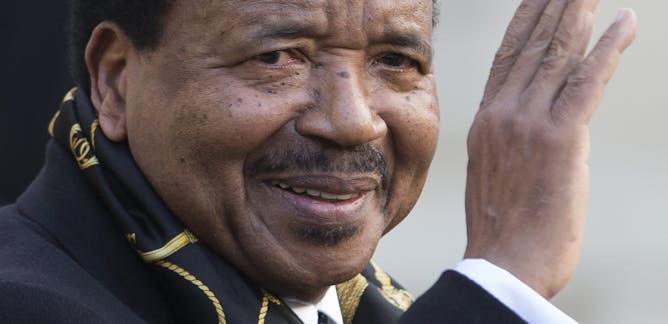
Julius A. Amin, University of Dayton
Cameroon is facing daunting challenges and the president and his team must mobilise the country to find solutions.
| |
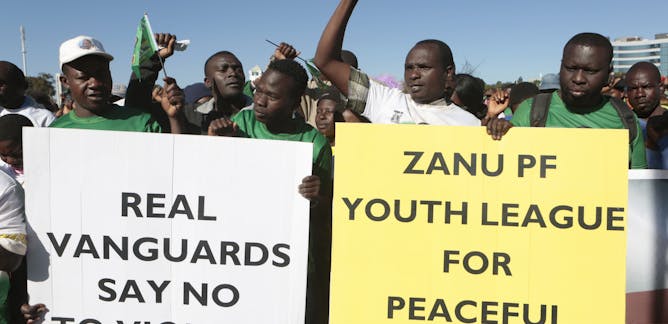
Brooks Marmon, University of Edinburgh
The credibility of Zimbabwe's elections will depend on issues like political violence and media freedom.
|
|
|
Health + Medicine
|

Jackson Thomas, University of Canberra; Gregory Peterson, University of Tasmania; Mark Naunton, University of Canberra; Sam Kosari, University of Canberra; Yap Boum, Mbarara University of Science and Technology
Vaccines need to be kept cold to remain effective. A lack of power in remote areas makes this difficult, reducing the reach of the life-saving pharmaceuticals.
| |

Chantell Witten, North-West University
South Africa is still lagging behind when it comes to support for breastfeeding in the workplace.
|
|
|
Science
|

Craig Blewett, University of KwaZulu-Natal
If innovations of our digital age are largely to blame for decreasing attention spans, don't they also hold possible solutions?
| |
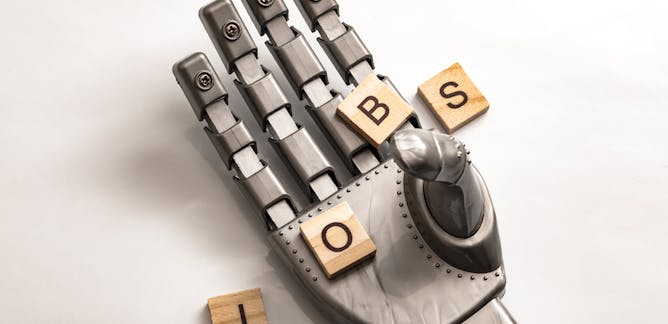
Daniel B. le Roux, Stellenbosch University
There seems to be very limited high-level discourse about how South Africa plans to navigate this wave of technological advancement.
|
|
|
Arts + Culture
|
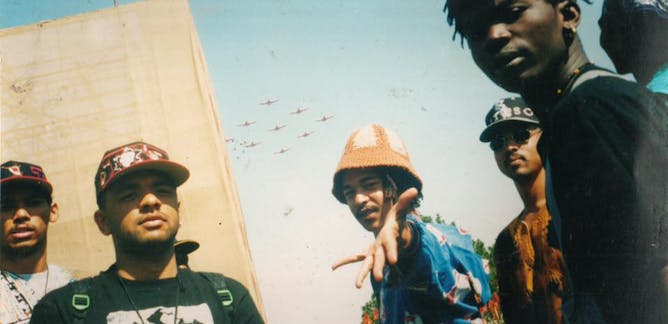
Quentin Williams, University of the Western Cape
One of South Africa's finest hip-hop crews message was that you couldn't box identities forged through multilingual living in the ghettos.
| |

Chuka Onwumechili, Howard University
It's time Africa's top administrators tried to find out why top African players are choosing to represent European countries, so that they can work to rectify the situation.
|
|
|
Education
|
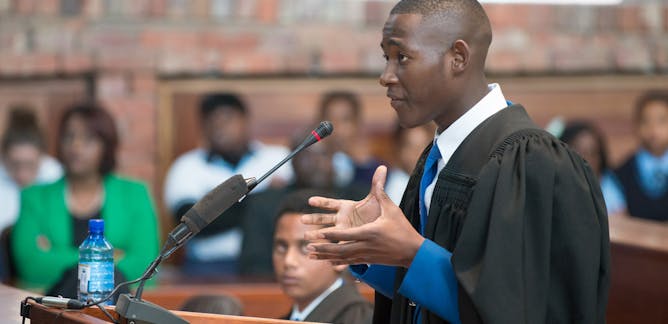
Christof Heyns, University of Pretoria
School moots are becoming an increasingly popular way to teach young people about the value of human rights.
| |
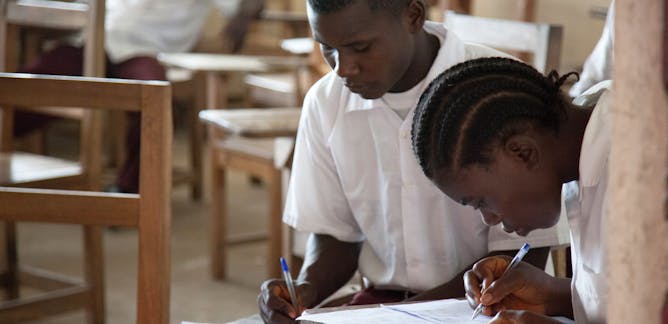
Callen Nyamwange, Kisii University
The impact of cheating is that students aren't properly assessed, don't perform, don't get into university and aren't skilled.
|
|
|
Business + Economy
|
-
Bernelle Verster, University of Cape Town; Cheri-Leigh Young, University of Cape Town; Francois Steenkamp, University of Cape Town; Jennifer Lee Broadhurst, University of Cape Town; Sue Harrison, University of Cape Town
The devastating impact of mine closures could be avoided with economic and scientific interventions.
|
|
Environment + Energy
|
-
Asit K. Biswas, National University of Singapore; Cecilia Tortajada, National University of Singapore
Unless African cities improve water management many will face severe water problems by 2035.
|
|
| |
| |
| |
| |
| |
| |
|
|
|
|
|
|
|